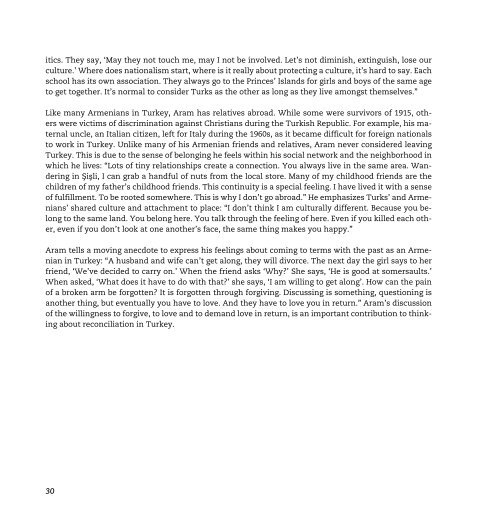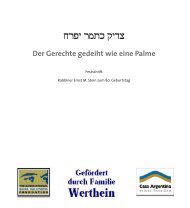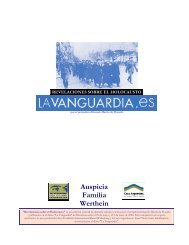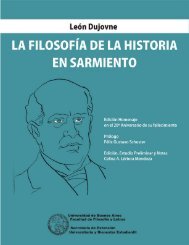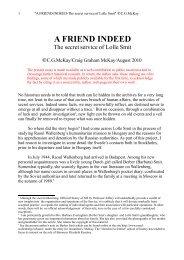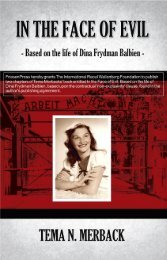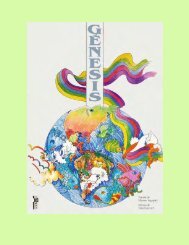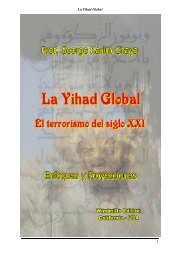Speaking to One Another - The International Raoul Wallenberg ...
Speaking to One Another - The International Raoul Wallenberg ...
Speaking to One Another - The International Raoul Wallenberg ...
- No tags were found...
Create successful ePaper yourself
Turn your PDF publications into a flip-book with our unique Google optimized e-Paper software.
itics. <strong>The</strong>y say, ‘May they not <strong>to</strong>uch me, may I not be involved. Let’s not diminish, extinguish, lose ourculture.’ Where does nationalism start, where is it really about protecting a culture, it’s hard <strong>to</strong> say. Eachschool has its own association. <strong>The</strong>y always go <strong>to</strong> the Princes’ Islands for girls and boys of the same age<strong>to</strong> get <strong>to</strong>gether. It’s normal <strong>to</strong> consider Turks as the other as long as they live amongst themselves.”Like many Armenians in Turkey, Aram has relatives abroad. While some were survivors of 1915, otherswere victims of discrimination against Christians during the Turkish Republic. For example, his maternaluncle, an Italian citizen, left for Italy during the 1960s, as it became difficult for foreign nationals<strong>to</strong> work in Turkey. Unlike many of his Armenian friends and relatives, Aram never considered leavingTurkey. This is due <strong>to</strong> the sense of belonging he feels within his social network and the neighborhood inwhich he lives: “Lots of tiny relationships create a connection. You always live in the same area. Wanderingin Şişli, I can grab a handful of nuts from the local s<strong>to</strong>re. Many of my childhood friends are thechildren of my father’s childhood friends. This continuity is a special feeling. I have lived it with a senseof fulfillment. To be rooted somewhere. This is why I don’t go abroad.” He emphasizes Turks’ and Armenians’shared culture and attachment <strong>to</strong> place: “I don’t think I am culturally different. Because you belong<strong>to</strong> the same land. You belong here. You talk through the feeling of here. Even if you killed each other,even if you don’t look at one another’s face, the same thing makes you happy.”Aram tells a moving anecdote <strong>to</strong> express his feelings about coming <strong>to</strong> terms with the past as an Armenianin Turkey: “A husband and wife can’t get along, they will divorce. <strong>The</strong> next day the girl says <strong>to</strong> herfriend, ‘We’ve decided <strong>to</strong> carry on.’ When the friend asks ‘Why?’ She says, ‘He is good at somersaults.’When asked, ‘What does it have <strong>to</strong> do with that?’ she says, ‘I am willing <strong>to</strong> get along’. How can the painof a broken arm be forgotten? It is forgotten through forgiving. Discussing is something, questioning isanother thing, but eventually you have <strong>to</strong> love. And they have <strong>to</strong> love you in return.” Aram’s discussionof the willingness <strong>to</strong> forgive, <strong>to</strong> love and <strong>to</strong> demand love in return, is an important contribution <strong>to</strong> thinkingabout reconciliation in Turkey.30


